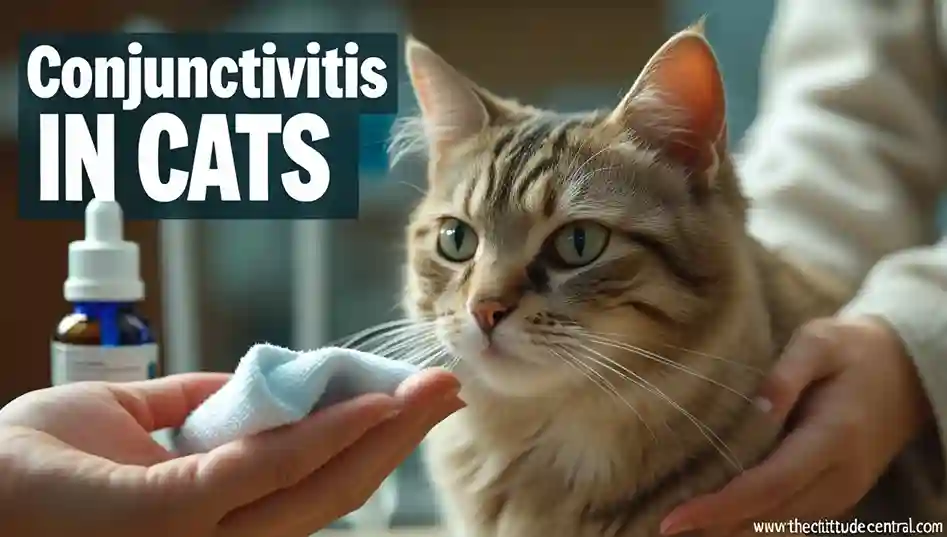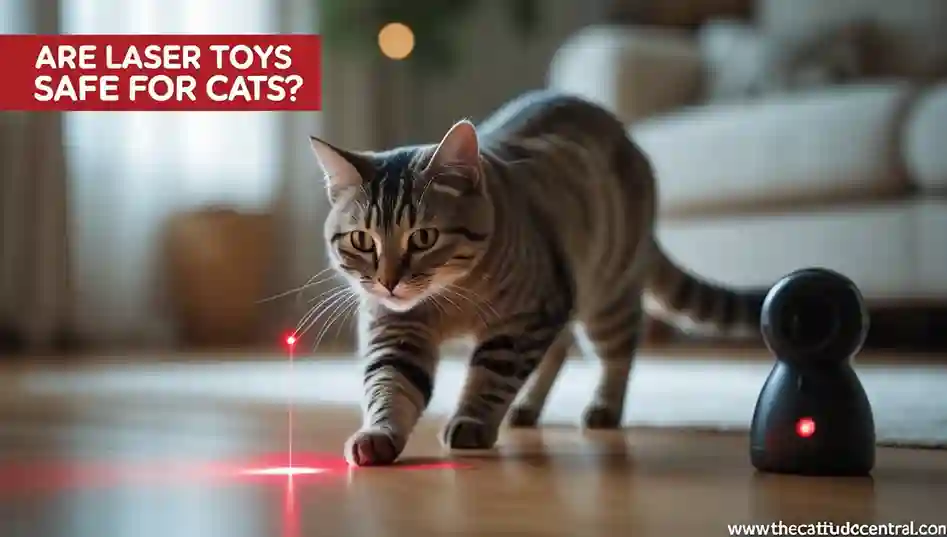As a cat owner, you’ve probably caught your furry companion eyeing your snack with those wide, curious eyes. One common question that pops up is: can cats eat peanut butter? It’s a creamy, delicious treat for humans and even dogs, but when it comes to our obligate carnivore friends, the answer isn’t as straightforward.
In this detailed guide, we’ll dive deep into whether can cats eat peanut butter, examining its nutritional profile, potential benefits, hidden dangers, and much more. We’ll also explore safe alternatives and answer frequently asked questions based on popular trends. By the end, you’ll have all the information needed to make informed decisions about your cat’s diet.
Peanut butter has become a staple in many households, often used in recipes, as a quick energy boost, or even as a clever way to administer medication to pets. But for cats, who thrive on meat-based diets, introducing human foods like this requires caution. We’ll rotate through key considerations to ensure you’re equipped with expert-backed insights. Remember, while some cats might lick a tiny bit without issue, understanding the full picture is crucial for their well-being.
Understanding Peanut Butter and Its Appeal to Cats
Peanut butter is essentially ground peanuts, sometimes mixed with oils, salt, sugar, or other additives to enhance flavor and texture. Originating from roasted peanuts, it’s packed with fats, proteins, and carbs that appeal to human tastes. But can cats eat peanut butter without repercussions? Cats, being strict carnivores, don’t process plant-based foods the same way we do. Their digestive systems are optimized for animal proteins, making items like peanut butter more of a novelty than a necessity.
Interestingly, some cats are drawn to peanut butter’s sticky texture and nutty aroma. Videos online show felines lapping it up enthusiastically, but this doesn’t mean it’s ideal. The question of can cats eat peanut butter often arises from these adorable moments, yet experts advise moderation. According to veterinary sources, peanut butter isn’t inherently toxic, but its composition can lead to issues if overindulged. It’s free from most immediate poisons, except when artificial sweeteners are involved, which we’ll cover later.
Peanuts themselves are legumes, not true nuts, grown underground and harvested for their high oil content. In peanut butter form, they’re processed into a spread that’s calorie-dense—about 100 calories per tablespoon. For a small cat, that’s a significant portion of their daily intake. So, while pondering can cats eat peanut butter, consider their size and metabolic needs. Indoor cats, especially, are prone to weight gain, and extra calories from non-essential treats can exacerbate this.
Nutritional Breakdown: What’s in Peanut Butter for Cats?
To truly answer can cats eat peanut butter, let’s break down its nutritional components. A typical serving of peanut butter (two tablespoons) contains around 16 grams of fat, 8 grams of protein, and 6 grams of carbohydrates. It also includes vitamins like E and B6, plus minerals such as magnesium and potassium. Sounds healthy for humans, right? But for cats, this profile doesn’t align with their requirements.
Cats need high levels of animal-derived proteins, taurine, and specific fatty acids that peanut butter lacks. The protein in peanuts is plant-based, which cats digest inefficiently. Fats in peanut butter are mostly monounsaturated, but excessive intake can lead to obesity or pancreatitis in sensitive felines. Carbs are another red flag—cats have no dietary need for them, and too many can disrupt blood sugar levels.
Moreover, many commercial peanut butters add salt, sugar, or hydrogenated oils for shelf stability. High sodium can cause dehydration or heart issues in cats, while added sugars contribute to empty calories. If you’re asking can cats eat peanut butter regularly, the nutritional mismatch suggests no. It’s essentially “junk food” for them, offering no benefits over a balanced cat food diet formulated with meat as the primary ingredient.
Can Cats Eat Peanut Butter?
So, can cats eat peanut butter at all? Technically, yes—in very small amounts and only if it’s plain, unsweetened, and free of harmful additives. Veterinarians often classify it as non-toxic but not recommended. Cats can tolerate a lick or two occasionally, perhaps as a way to hide pills, but it shouldn’t become a habit. The key is moderation to avoid digestive upset or long-term health problems.
However, “can” doesn’t equal “should.” Many experts emphasize that peanut butter provides zero nutritional value for cats. As obligate carnivores, their bodies aren’t designed to break down plant matter efficiently. Feeding peanut butter could displace more appropriate foods from their diet, leading to deficiencies. If your cat sneaks a taste, monitor for immediate reactions, but don’t encourage it.
Potential Benefits of Peanut Butter for Cats
While the cons outweigh the pros, there are a few scenarios where can cats eat peanut butter might lean positive. For instance, its sticky nature makes it excellent for disguising medications. If your cat refuses pills, a tiny dab of peanut butter can make the process easier, as long as it’s xylitol-free.
Some cat owners report that peanut butter acts as a boredom buster, providing mental stimulation through licking. In small doses, the fats might offer a quick energy boost, though this is negligible compared to proper cat treats. Rarely, it could serve as a high-calorie supplement for underweight cats under vet supervision. But overall, these benefits are minimal, and safer alternatives exist.
Risks and Dangers Associated with Peanut Butter
Now, the flip side: why can cats eat peanut butter be risky? First, choking hazards. Peanut butter’s thick consistency can stick to the roof of a cat’s mouth or throat, potentially causing distress, especially in kittens or seniors.
Allergies are another concern. Though rare, cats can develop peanut allergies, manifesting as skin irritation, vomiting, or diarrhea. Gastrointestinal upset is common due to the high fat content, leading to symptoms like gas, bloating, or pancreatitis in prone individuals.
The biggest danger? Xylitol, an artificial sweetener in some “sugar-free” varieties. It’s highly toxic to cats, causing rapid insulin release, hypoglycemia, seizures, or liver failure. Always check labels—other names include birch sugar or wood sugar.
High calories promote obesity, a epidemic among indoor cats, increasing risks of diabetes and joint issues. Salted versions can lead to sodium ion poisoning, with signs like excessive thirst or tremors. Aflatoxins, mold toxins in peanuts, pose cancer risks over time. In essence, while can cats eat peanut butter occasionally, the potential downsides make it unwise.
How Much Peanut Butter Can Cats Have?
If you’ve decided to test if can cats eat peanut butter in your household, portion control is key. Experts suggest no more than a pea-sized amount, once or twice a week at most. For a 10-pound cat, this equates to under 10 calories from peanut butter—far less than a full spoonful.
Start small to gauge tolerance. Offer it on a spoon or finger, watching for adverse reactions. If using for meds, consult your vet first. Kittens, pregnant cats, or those with health conditions should avoid it entirely. Always prioritize fresh water afterward to aid digestion.
Safe Alternatives to Peanut Butter for Cats
Instead of wondering can cats eat peanut butter, opt for cat-friendly treats that align with their carnivorous nature. Meat-based options provide essential nutrients without the risks.
For example, consider freeze-dried chicken or salmon treats, which are high in protein and low in carbs. Brands like PureBites offer single-ingredient options that mimic a cat’s natural prey.
If you want something spreadable for pill administration, try meat purees or cat-specific pastes. On Amazon, the Visionary Pet Foods Lamb and Tallow Meat Spread is a healthier alternative, packed with animal fats and proteins for anxiety relief and nutrition. It’s designed as a peanut butter substitute, safe for cats too.
For interactive fun, LickiMat slow feeders allow you to spread wet food or yogurt (lactose-free for cats) for licking without the mess. The LickiMat Felix Fish-Shaped Cat Slow Feeder on Amazon is perfect for boredom reduction, using treats like pureed tuna instead of peanut butter.
Other Amazon picks include Earth Animal No-Hide Stix Peanut Butter Recipe, a natural rawhide alternative with a safe PB flavor for chewing satisfaction without actual peanuts. These promote dental health while avoiding calorie bombs.
Homemade alternatives? Blend cooked chicken with a bit of broth for a spreadable treat. Always introduce new foods gradually and consult your vet for personalized advice.
What to Do If Your Cat Eats Too Much Peanut Butter
Accidents happen—if your cat raids the jar, act quickly. If it contained xylitol, rush to the vet; symptoms like vomiting or lethargy can appear within hours. For plain varieties, monitor for GI issues. Offer bland food and plenty of water. Persistent problems warrant a check-up.
Prevention is best: Store peanut butter out of reach and train your cat with positive reinforcement for good behavior.
Myths and Facts About Cats and Peanut Butter
Myth: Peanut butter is a great protein source for cats. Fact: Plant proteins aren’t bioavailable for felines.
Myth: All peanut butters are safe. Fact: Check for xylitol and additives.
Myth: Cats love peanut butter like dogs. Fact: Taste preferences vary; many cats ignore it.
Understanding these helps clarify can cats eat peanut butter debates.
FAQs About Cats and Peanut Butter
Based on popular Google Trends searches, here are answers to trending queries:
Can Cats Eat Peanuts?
Similar to peanut butter, plain, unsalted peanuts aren’t toxic but offer no benefits. They pose choking risks and can cause allergies. Limit to tiny pieces rarely.
Is Peanut Butter Bad for Cats?
Yes, in excess. It can lead to weight gain, digestive issues, and more. Avoid as a regular treat.
Can Cats Eat Peanut Butter Cookies or Crackers?
No—the added sugars, carbs, and spices make them harmful. Stick to cat-specific snacks.
How Often Can Cats Have Peanut Butter?
At most, once a week in minuscule amounts, if at all. Better to skip.
What If My Cat Is Allergic to Peanut Butter?
Watch for itching, swelling, or vomiting. Seek vet care immediately if suspected.
Are There Cat-Safe Peanut Butter Brands?
Opt for organic, unsalted, no-additive versions, but even then, use sparingly.
Can Kittens Eat Peanut Butter?
Absolutely not—their developing systems are too sensitive to risks like choking or allergies.
Conclusion
In wrapping up, can cats eat peanut butter? Yes, but with heavy caveats—small amounts, rarely, and only plain varieties. The risks, from xylitol poisoning to obesity, far outweigh any minor perks. Prioritize a meat-focused diet and explore safe alternatives like those from Amazon for treats that truly benefit your cat. Always consult a veterinarian for tailored advice. Your feline’s health is worth the extra caution!
Sources:



